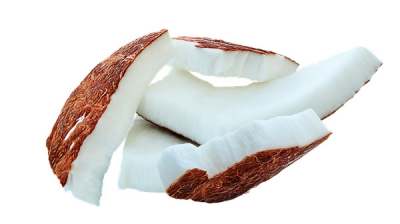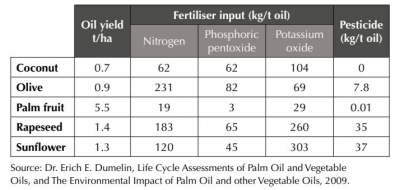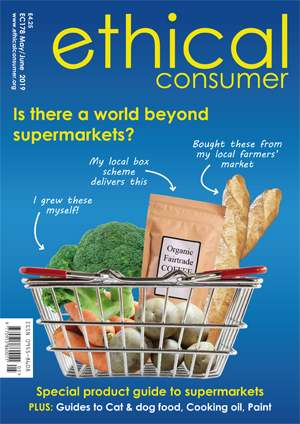You'll notice that the score table in this guide is no longer displaying. This is because the guide is over 5 years old and the scores were out of date. We have a programme of reviewing guides to schedule updates and this one is under consideration.
(This guide is due to be updated from 6th Dec.)
Choosing an ethical coconut oil
The market for edible oils is expanding. Coconut is one of the most popular types of oil along with vegetable, rapeseed, sunflower and olive oil.
Vegetable/rapeseed and olive oils are bought by about four in ten people, while a third buy sunflower oils. Demand for coconut oil has grown rapidly in recent years, although it is still only purchased by 7% of consumers. 2017/18 saw demand dip slightly, although only time will tell if this is a trend.





